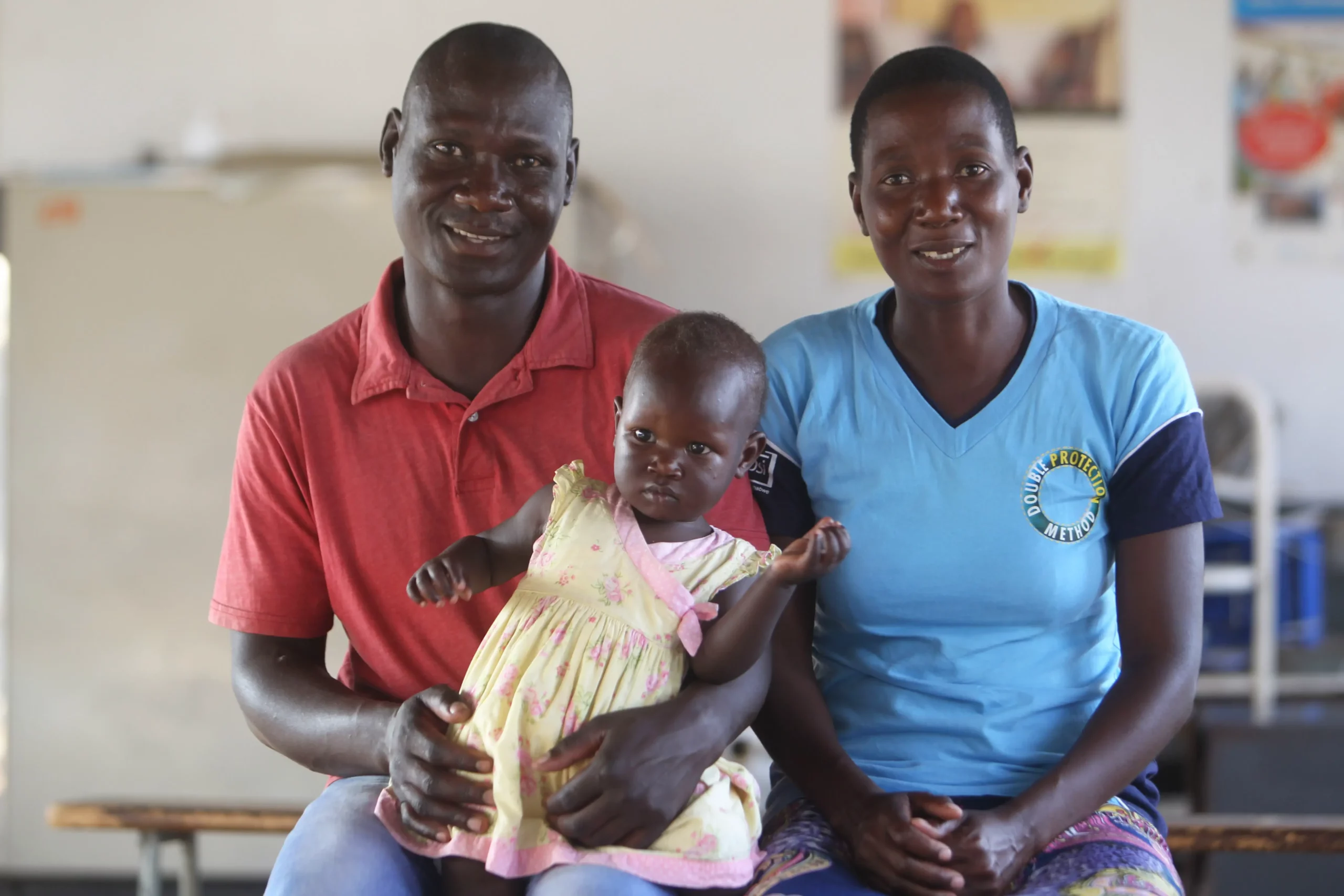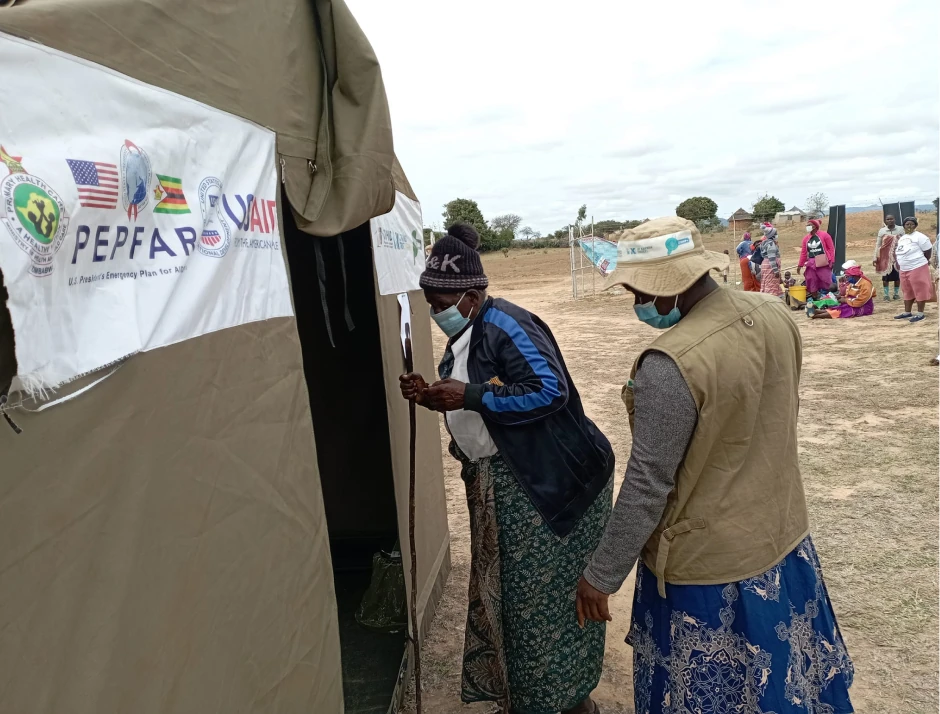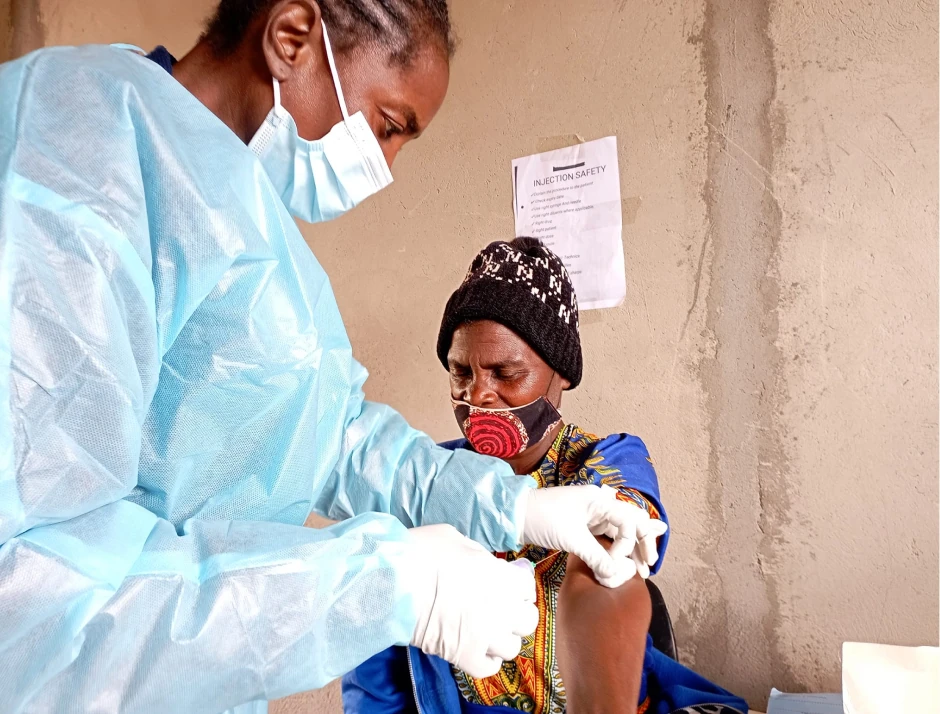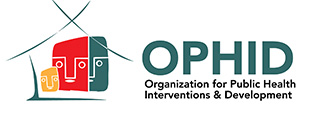Programs at scale



OPHID Programs at Scale involve adapting evidence-based policies and guidelines to context for coverage and implementation fidelity to achieve national and global health policy and program objectives.
These are subregional and national programs that operate at community, facility, District, Provincial and National health system levels. Our current USAID/PEPFAR-supported Target, Accelerate and Sustain Quality Care (TASQC) for HIV epidemic control and TB Treatment Access and Prevention (TB-TAP) programs work in over 520 public health facilities and their surrounding communities.
OPHID has 278 full-time staff and 970 community volunteers providing facility- and community-based support and health services. This decentralised human capital and physical presence makes OPHID an ideal collaborator for donors and partners seeking to make high impact, cost-effective investments which leverage off of existing capacity to ensure the majority of funds are dedicated to actions, not overheads.
OPHID has established itself as an implementing partner of choice with major donors and partners including Ministry of Health and Child Care, USAID, and UNICEF. We are the largest local USAID implementing partner of its kind in Zimbabwe and continue to grow and expand into new areas of public health programming and research, leveraging on the enduring relationships that have been nurtured with donors and partners over many years.
Current
Target, Accelerate and Sustain Quality Care for HIV Epidemic Control (USAID)
Current
Tuberculosis Treatment, Access and Prevention (TB-TAP) (USAID)
Current
COVID-GO + follow on RISE (USAID)
Current
Tongogara Refugee Camp Support for Health and Wellbeing of Displaced Persons (WV/UNHCR)
PAST
Australian NGO Cooperation Project for Maternal and Child Health (Burnet Institute/DFAT)
PAST
Families and Communities for Elimination of HIV (FACE HIV) (USAID)
PAST
Risk Awareness and Action for Prevention of Mother to Child Transmission of HIV (REACH) (UNICEF)
PAST
HIV/TB/malnutrition integration for children under 5 (UNICEF)
